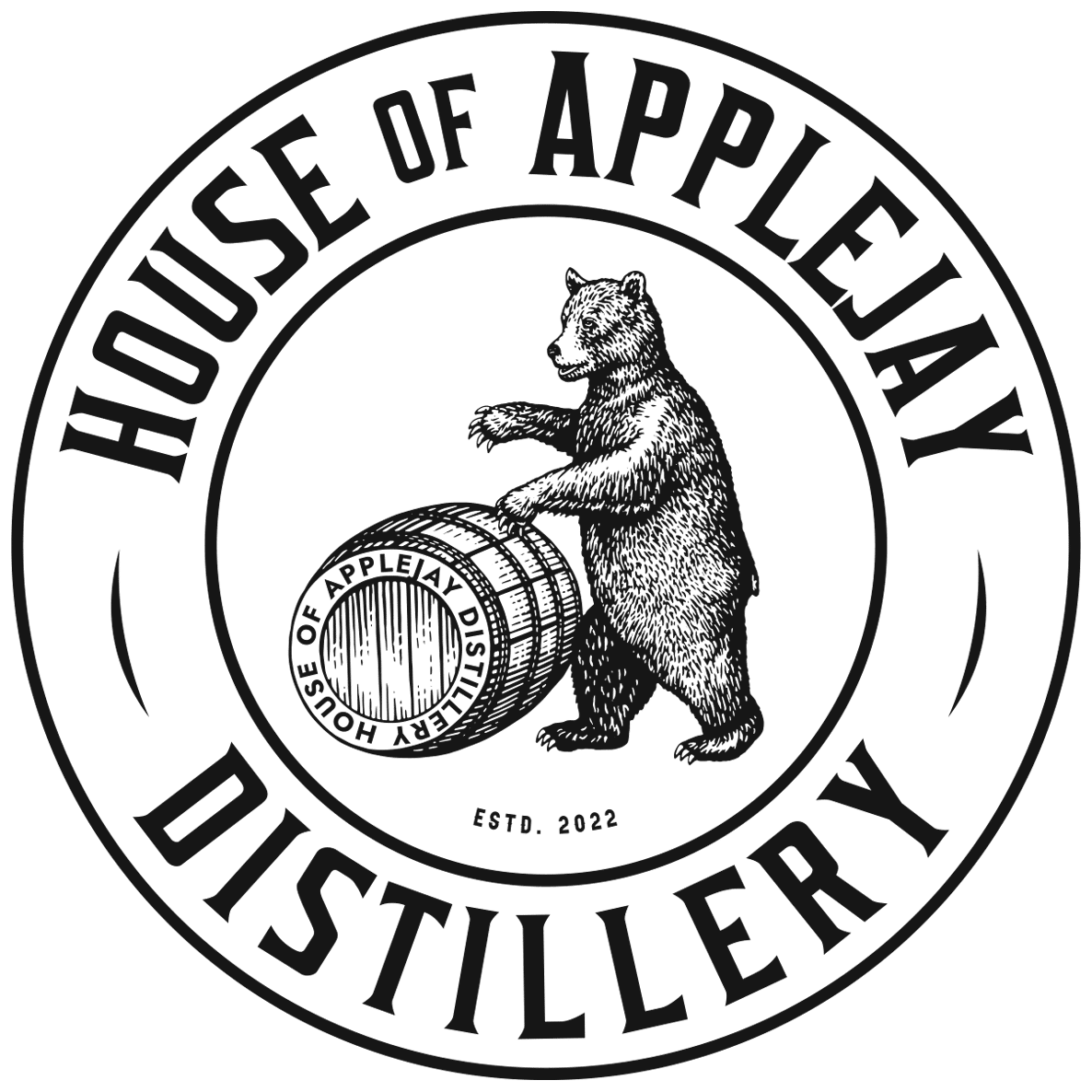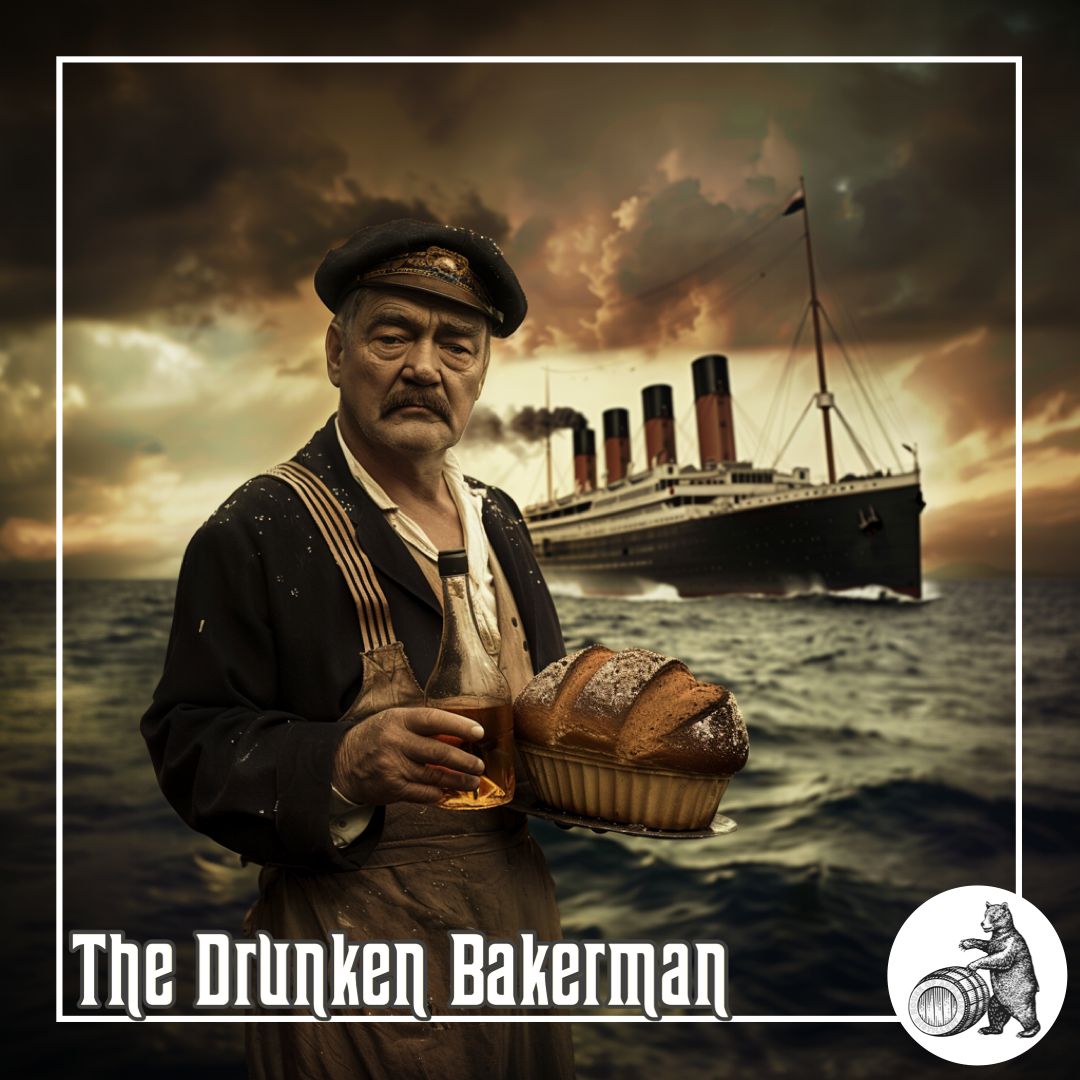The Drunken Bakerman
The Remarkable Tale of the Drunken Bakerman on the Titanic
Among the many harrowing and heroic stories of the Titanic, the tale of Charles Joughin, the Drunken Bakerman, stands out for its unique blend of resilience, fortitude, and an unexpected ally: alcohol. Born in Birkenhead, England, in 1878, Joughin was no stranger to the sea, having embarked on his maritime career at the tender age of 11. By the time he joined the Titanic, he was an experienced chef and head baker, known for his dedication and skill.
On the night of April 14, 1912, as the Titanic made its fateful encounter with an iceberg, Joughin was off duty. The collision set off a chain of events that would culminate in one of history’s most infamous maritime disasters. When he heard that the officers were preparing the lifeboats, Joughin immediately sprang into action. He directed his baking staff to bring provisions to the boat deck, ensuring the lifeboats would have sustenance for the uncertain journey ahead.
Assigned as the captain of Lifeboat 10, Joughin made the unusual decision not to board the lifeboat himself. Instead, after ensuring his men and the provisions were safely loaded, he returned to his quarters for what he later described as “a drop of liqueur.” In reality, this was a generously filled half-mug, which he consumed with an unanticipated sense of calm.
As the Titanic’s situation grew increasingly dire, Joughin continued to drink. He later admitted that the liqueur helped him remain surprisingly calm amidst the chaos. While others panicked, Joughin maintained a sense of composed detachment, a state that would prove crucial in the hours to come.
When the order was given to abandon ship, Joughin found himself at the stern, gripping the railing as the Titanic tilted further into the icy Atlantic. At the last possible moment, he leaped into the freezing water, his body buoyed by both adrenaline and alcohol. Conventional wisdom suggests that alcohol increases the risk of hypothermia, but in Joughin’s case, it seemed to have the opposite effect. The liqueur not only kept him calm but also seemed to dull his sensitivity to the cold.
For nearly two hours, Joughin floated in the frigid waters, sustained by an extraordinary combination of luck and liquid courage. When rescue finally came, he was pulled from the water with little more than swollen feet to show for his ordeal—a miraculous outcome given the circumstances. Joughin’s survival defied the odds, and he later credited his unlikely endurance to the effects of the alcohol he had consumed.
It’s worth noting that contrary to popular belief, Joughin did not imbibe high-proof whiskey but rather a lower alcohol content liqueur. This detail, often overlooked, adds an intriguing layer to his story. His choice of drink might have contributed to his survival in a way that higher-proof spirits might not have.
Charles Joughin’s tale is a remarkable testament to the unpredictable nature of survival. His story of the Drunken Bakerman on the Titanic continues to fascinate, offering a glimpse into how human ingenuity and a bit of fortuitous inebriation can turn the tide in the face of disaster. His legacy endures, not just as a skilled baker but as a symbol of the indomitable human spirit and the strange twists of fate that can make the difference between life and death.
The Distilling Culture
BLOG
Embark on a global journey, and you’ll find that cultures possess tales that harken back to their ancient beginnings of distillation, brewing, and winemaking.
info@houseofapplejay.com
67 Fowler St, Bldg B, East Ellijay, GA 30540

